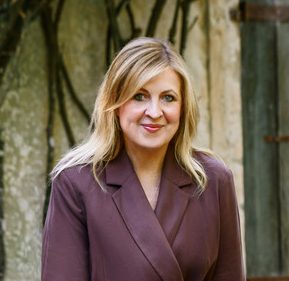Ready to bridge theory with real-world experience? Professional Practice is tailored precisely for this purpose. Dive into the academic exploration of professional practice, while gaining hands-on experience through a placement. Under the guidance of experienced mentors, students complete a 100-hour placement (or opt for two 50-hour placements over two semesters) in various formats, enriching their learning journey.
There are important tools required to understand music's unique language of pitch, rhythm, and dynamics. This subject enhances your theoretical knowledge, aural perception, and musical literacy, integrating technology as a pivotal tool in learning and creating music. Whether you're aiming to compose, perform, or simply deepen your understanding of music, this unit provides a comprehensive platform for your musical development.
Enhancing your onstage presence and refining performance skills are essential to any musician. The unit delves into the practical aspects of performing, including preparation, audience engagement, and technique extension. It also covers business considerations, such as negotiating contracts and managing relationships.
This is an essential subject for those looking to deepen their understanding of the spiritual, biblical, and theological aspects of worship. Explore the role of music and arts within worship and examines the various roles and responsibilities in contemporary worship ministry. This unit is an invaluable resource for anyone involved in or aspiring to enter this vital area of church life.
This subject equips students with an understanding of compositional techniques so they can compose their own original music. Students will gain an understanding of harmonic and melodic structures and will arrange song elements to maximise the intent and impact of songs.
There are important tools required to understand music's unique language of pitch, rhythm, and dynamics. This subject enhances your theoretical knowledge, aural perception, and musical literacy, integrating technology as a pivotal tool in learning and creating music. Whether you're aiming to compose, perform, or simply deepen your understanding of music, this unit provides a comprehensive platform for your musical development.
Through this unit, students are offered a dynamic environment where they can hone their artistic skills through performance and peer collaboration. This highly practical subject encourages you to explore various genres, focusing on solo and ensemble work while tackling performance techniques like managing stress and enhancing audience engagement—ideal for artists seeking to refine their craft and express their creative vision effectively in live settings.
Enhancing your onstage presence and refining performance skills are essential to any musician. The unit delves into the practical aspects of performing, including preparation, audience engagement, and technique extension. It also covers business considerations, such as negotiating contracts and managing relationships.
To perform effectively within an ensemble, it is crucial to sharpen your skills in group performance, harmonise effectively with others and deepen your understanding of ensemble dynamics. This subject focuses on the critical elements of successful performances, from selecting styles and techniques that suit your group's objectives to mastering the art of audience engagement—perfect for musicians aiming to elevate their collaborative abilities and stage presence.





